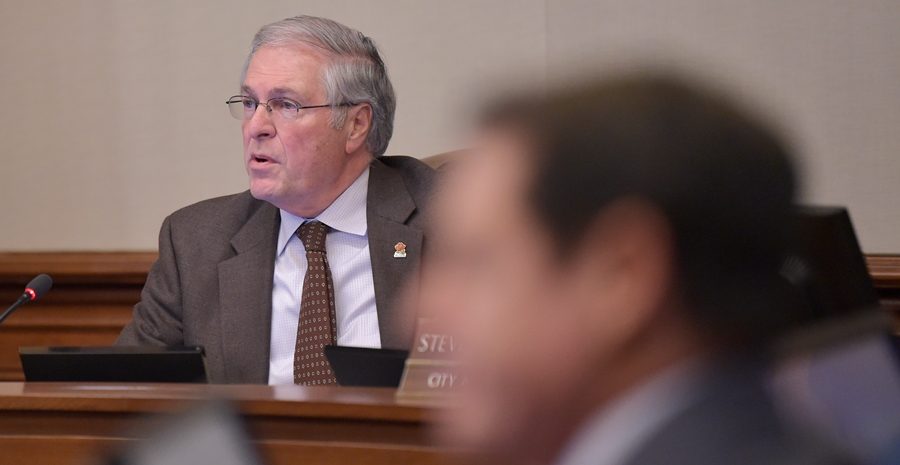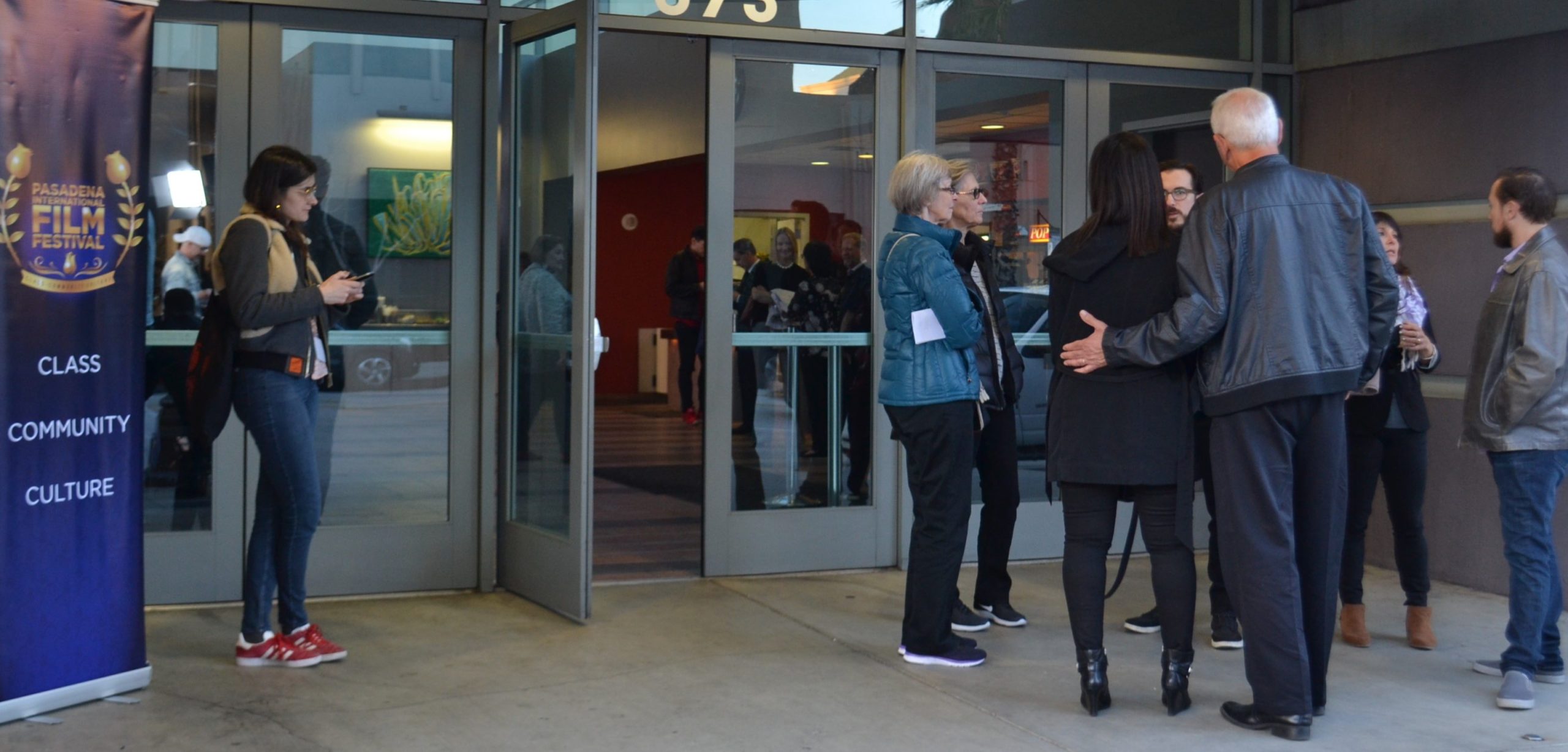
The Pasadena City Council approved a memorandum of understanding (MOU) with Pasadena Unified School District (PUSD) guaranteeing at least $5 million in Measure J funding to the district next fiscal year, while continuing to leave charter schools out of the agreement despite pressure from charter school parents.
The memo identifies maintaining adequate levels of reserve funding for PUSD as the number one priority for Measure J funds. The district is mandated by the state to devote at least three percent of its overall budget to reserves or face being taken over by the Los Angeles County Office of Education.
It’s expected that in the first year approximately $4 million in Measure J funds will go just to maintaining these reserves.
“We talk about school stability but all we’re really talking about at this point is moving money to prop up the reserve,” Ryan Mackey, a representative of Odyssey charter schools said. “That is the lowest possible bar you can meet.”
The second priority the MOU outlined calls for maintaining or restoring existing educational programs that might otherwise face elimination or reduction due to budget cuts. These are programs like the International Baccalaureate, Dual Language Immersion and Visual and Performing Arts. The council expects these two priorities would exhaust all Measure J funding for the first year.
The language surrounding the second priority is broad enough to allow for funding of charter schools should PUSD find it beneficial, according to the council.
“There’s nothing in the MOU that would prevent PUSD from entering into bilateral agreements with any charter school for services or to fund programs,” City Manager Steve Mermell explained. “The current MOU doesn’t contemplate that the city would direct that, but the district is free to make arrangements as it sees fit.”
Although councilmembers Hampton and Wilson supported amending the MOU to include language that encourages PUSD to share resources with public charter schools, Mayor Tornek has been adamant that that would violate the spirit of the initiative.
“This is a zero-sum game,” Tornek said. “Part of the reason for this measure is because PUSD continues to lose enrollment and funding and part of the source of that loss is diversion of kids into charter schools. Every kid that goes to a charter school is a daily reimbursement that the PUSD doesn’t get.”
According to Tornek, the ballot material arguing both for and against Measure J specifically mentions PUSD, showing that both sides should have known the money would only go toward the district.
The memo also adds some accountability for PUSD’s use of Measure J funds. The district will have to report how the money was used based on priority area and provide a description of its use. It will also have to create an expenditure plan for each upcoming year before it spends the funds which will be reviewed annually as part of the city’s budget process.
According to Tornek, this type of accountability would be more difficult if the council had to create MOUs with each public charter school, some of which PUSD does not have oversight authority over.
“From my perspective, the notion that we would treat the charter schools equally and suggest we should allocate those Measure J dollars to them the same way we would to the elected officials of the PUSD is not something I can support,” Tornek said.
The MOU will remain in effect for three years and will be automatically renewed each year, though either party has the option to terminate the agreement at any time, given a 30-day notice.







